Speech by Mr K.Shanmugam, Minister for Home Affairs and Minister for Law, at the 16th Asian Law Institute (ASLI) Conference
11 Jun 2019 Posted in Speeches
Professor Simon Chesterman, Dean of the NUS Faculty of Law
Professor Gary Bell, Director of the Asian Law Institute
Professor Mariko Igimi, Chairperson of the Board of Governors of the Asian Law Institute
Distinguished guests,
Ladies and gentlemen,
Introduction
- Thank you for inviting me to join you this morning.
- I will touch on two points
- Economic growth in Asia and ASEAN
- The opportunities for Singapore
- First : on economic growth in Asia, and ASEAN
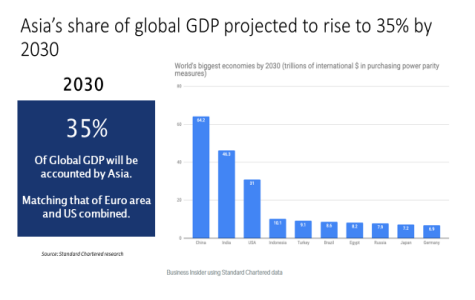
- In January 2019, Standard Chartered forecasted that Asia’s share of global GDP will rise to 35% by 2030.
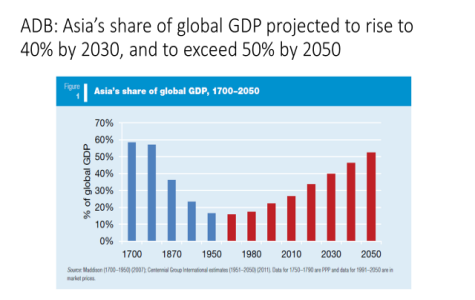
- An earlier, perhaps more optimistic, projection – by the Asian Development Bank – forecasted that Asia’s share of global GDP will rise to 40% by 2030 and to 50% by 2050.[1]
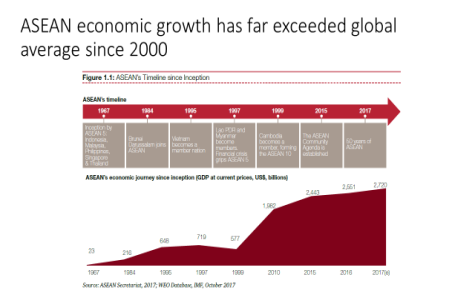
- ASEAN’s annual average growth since 2000 stands at 5.3%; far higher than the global average of 3.8%.[2]
- Some projections place ASEAN as the fourth largest economy in the world, by 2030.[3]
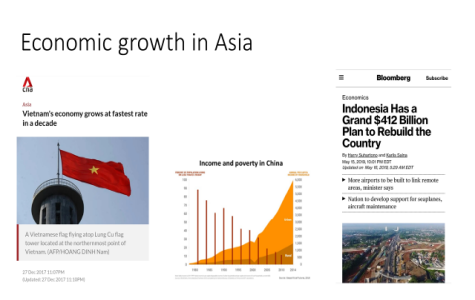
- If you look at specific countries:
- Vietnam: economy grew by 7.1% last year, making it the fastest-growing in ASEAN. Also the second largest electronics exporter in ASEAN (just behind M’sia)
- China: more than 850 million Chinese people lifted out of poverty – unprecedented feat; massive production and manufacturing base
- Indonesia: next 5 years, planning record $412 billion infrastructure spending
- This growth presents Singapore with enormous opportunities.
Let me just refer to two illustrative examples of these opportunities.
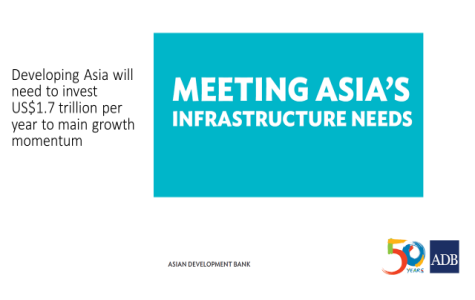
- Projects and infrastructure.
The Asian Development Bank has estimated in 2017 that developing Asia will need to invest US$1.7 trillion per year from 2016 – 2030 to maintain its growth momentum.
That is going to need to be financed, and allied services will have to be provided.
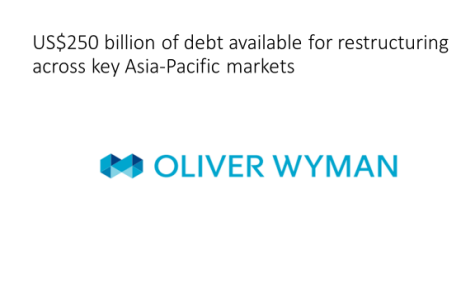
- Another area : Insolvency and debt restructuring.
- A study by Oliver Wyman found that the total amount of debt for restructuring across key Asia-Pacific markets was US$250 billion. This is likely to further increase.
- This will drive demand for professional services, including legal services.
- We have taken some steps to tap into these opportunities.
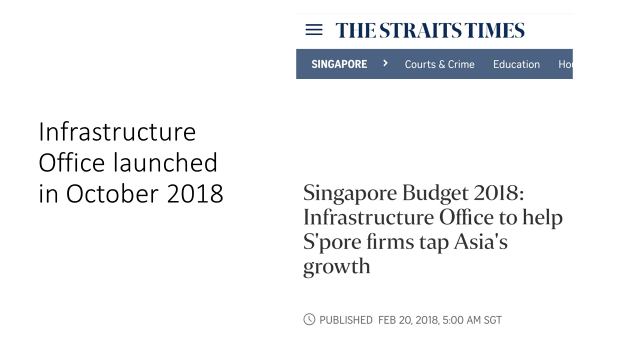
- Projects & infrastructure:
- We launched the Infrastructure Office in 2018, to connect stakeholders, and facilitate infrastructure investments and financing.
- There will be a corresponding demand for law firms with project financing and infrastructure dispute resolution expertise.
- Our Professional Services Programme Office, seeks to facilitate that.
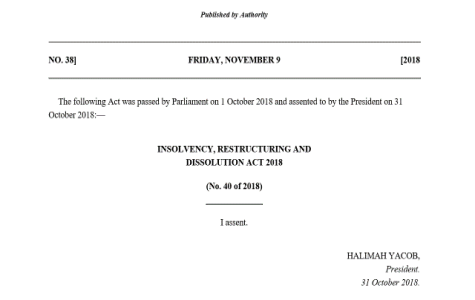
- On insolvency and debt restructuring,
- We have made significant changes to our legislative framework
- And taken other steps.
- The Judicial Insolvency Network was also established in 2016, as a forum for insolvency judges to exchange views, develop best practices
- There is often added complexity because of cross-border issues that arise. These could be transactional, or in disputes.
- Beyond just these two areas, such complexity in fact characterises much of the economic activity that is driving growth in Asia.
- All of the professional services that support such growth need to respond accordingly.
For legal services, we see two interlocking aspects to Singapore’s efforts to effectively provide such support
- First, Singapore’s position as an international legal services hub must be enhanced. This includes –
- Strengthening our position as a centre for dispute resolution
- Growing new areas of international legal services
- Promoting the use of Singapore law
- Second, we have to establish Singapore as a thought leader in some areas
- There is a need to develop jurisprudence in Asia that addresses the needs of businesses operating in Asia, for example.
- Law academics from all across Asia, have an important role in this – it is an incredibly exciting time, to be involved in these developments.
I hope ASLI and NUS Law School can contribute in this field.
- My Ministry regards it as important, to support work in this area.
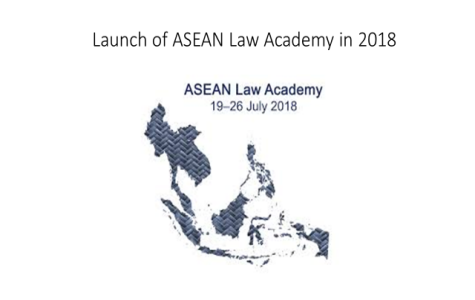
- Last year, we supported the launch of the ASEAN Law Academy, here in NUS.
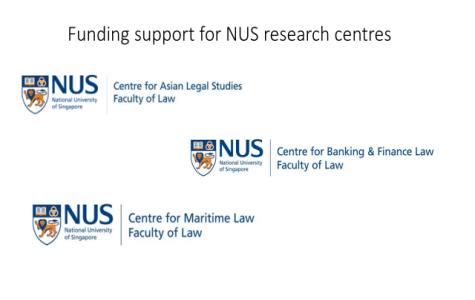
MinLaw also provides funding to a number of research centres within NUS including the Centre for Asian Legal Studies
- The purpose of this funding was to build up the pool of local law academics with specialist knowledge, deepen expertise, and strengthen thought leadership, in specific areas
- Our hope is that there will be established centres in Singapore, which are going to be thought leaders.
And that they will in turn contribute to Singapore being the most important legal centre in the region.
- This will involve having expertise in Singapore, on the legal systems in Asia, particularly SEA.
- ASLI , other centres, can help in that, with proper support.
- I hope to see NUS leading that effort, and giving the centres its full support.
Thank you.
Last updated on 12 Jun 2019

